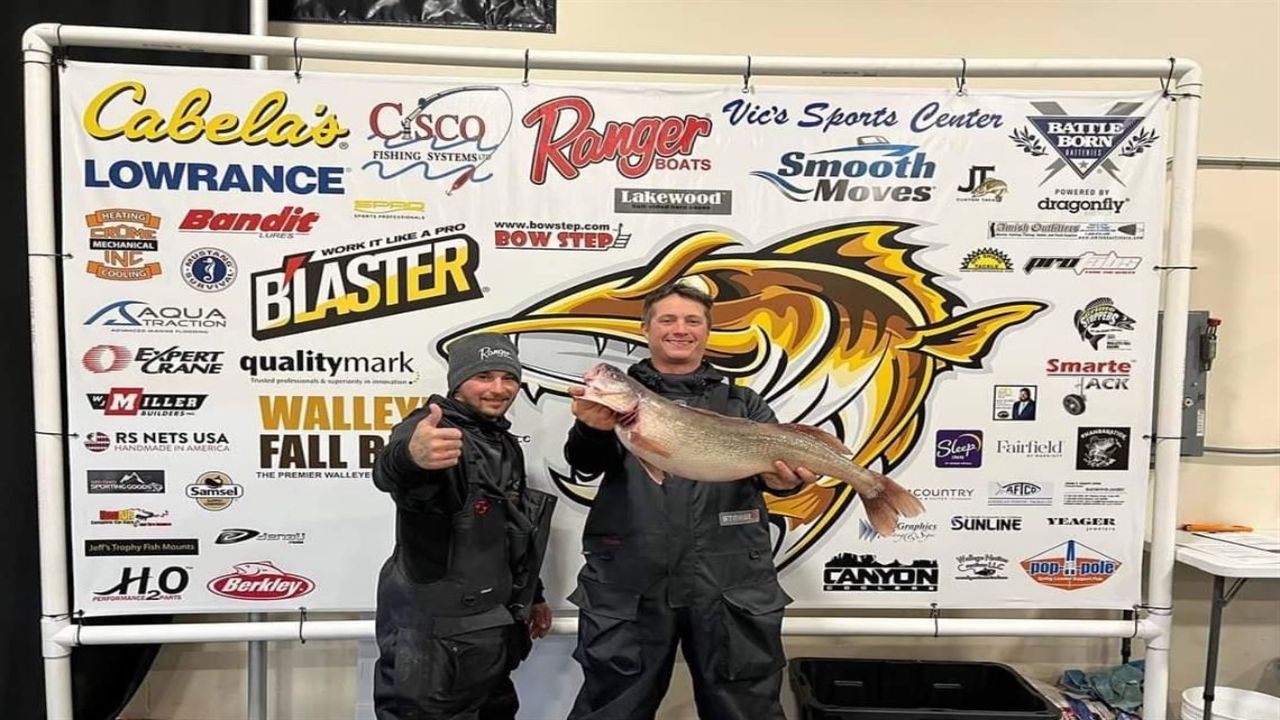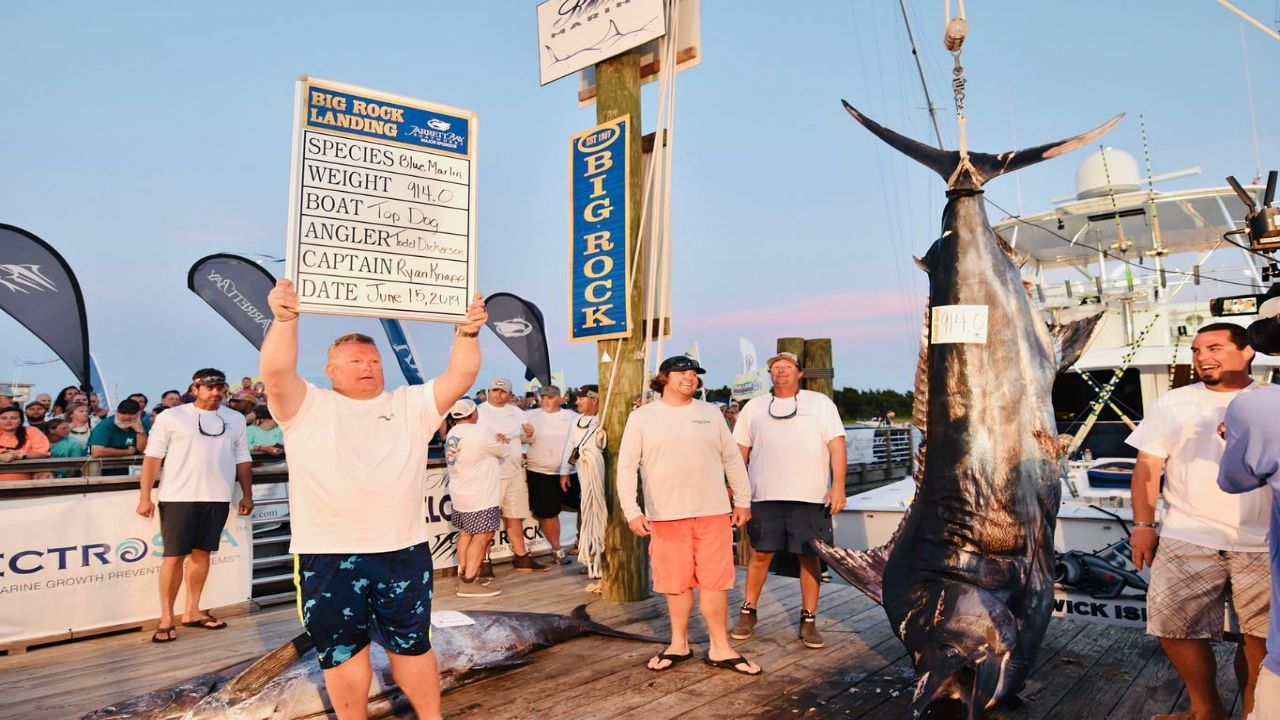Fishing tournaments are not just about the thrill of the catch; they bring together enthusiasts, promote conservation efforts, and create a sense of camaraderie among participants. Organizing a successful fishing tournament requires meticulous planning, attention to detail, and a deep understanding of the angling community. In this guide, we’ll walk through the key steps to ensure your fishing tournament is not only enjoyable but also leaves a positive impact on the environment.
Sponsorship and Prizes

Attracting sponsors is vital for the financial success of your tournament. Seek partnerships with local businesses, fishing gear manufacturers, and environmental organizations. In the realm of unusual sponsorships, consider partnering with organizations focused on aquatic ecosystems – they might appreciate the connection between a successful tournament and the health of fish populations, even delving into topics like “healthy fish poop.” Offer attractive prizes to participants, encouraging a competitive yet friendly atmosphere.
Healthy Fish Poop Tip: Did you know that fish waste plays a crucial role in maintaining a balanced aquatic ecosystem? Promoting “healthy fish poop” awareness can align with environmental initiatives and attract sponsors interested in supporting sustainable practices.
Selecting the Right Location and Date
Choosing the perfect location is the foundation of a successful fishing tournament. Consider factors such as accessibility, variety of fish species, and the overall fishing experience the location offers. Additionally, selecting a suitable date is crucial; take into account the fishing seasons, weather conditions, and any potential conflicts with other events. This ensures maximum participation and increases the chances of a successful turnout.
Securing Permits and Complying with Regulations
Before diving into the details of the tournament, it’s essential to obtain all necessary permits and comply with local fishing regulations. Work closely with relevant authorities to ensure a smooth and legal event. This not only avoids legal complications but also reflects a commitment to responsible angling and environmental conservation.
Marketing and Registration

Create a robust marketing strategy to generate interest in your tournament. Utilize social media, local newspapers, and community bulletin boards. Highlight unique aspects of your event, such as the focus on conservation or the involvement of sponsors. Simplify the registration process to encourage more participants and offer early-bird discounts to boost early sign-ups.
Logistics and Event Day Execution
Ensure that the logistics of your tournament are well-planned. This includes arranging transportation for participants, providing clear directions to the venue, and having a contingency plan for unexpected situations. On the event day, have a well-organized check-in process, distribute participant kits, and conduct a thorough briefing to outline the rules and expectations.
Emphasizing Conservation Practices
Incorporate conservation practices into your tournament to promote sustainable angling. Encourage catch-and-release policies, provide information on responsible fishing techniques, and involve participants in environmental education activities. This not only contributes to the well-being of fish populations but also fosters a sense of responsibility among the angling community.
Post-Tournament Analysis and Feedback
After the excitement of the tournament has settled, conduct a comprehensive analysis of the event’s success. Gather feedback from participants, sponsors, and volunteers to identify areas for improvement. Use this information to refine your strategies for future tournaments and strengthen the overall impact of your events on both the angling community and the environment.
By following these guidelines, you can organize a fishing tournament that not only provides a thrilling experience for participants but also contributes to the conservation of aquatic ecosystems. Through responsible planning and execution, your tournament can become an annual highlight for anglers, fostering a sense of community and a commitment to preserving the beauty of our waters.